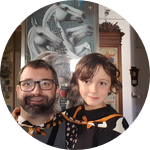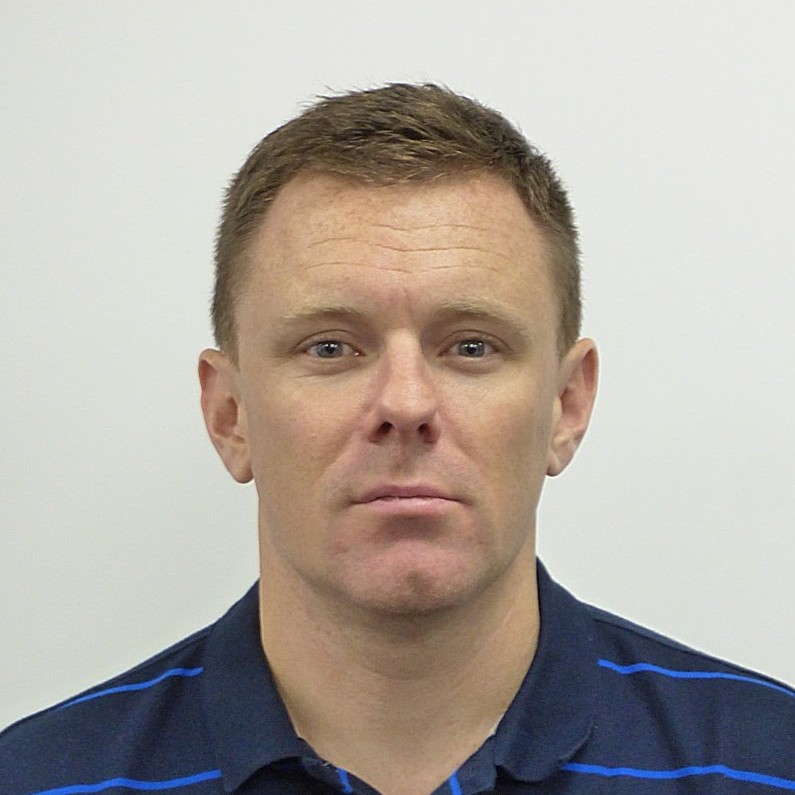About This Project
We often learn the outcome of an unchosen option as someone else chose it. This means that our possibility to compare the choice made with unchosen alternatives (and potentially experience regret) depends on the decisions of others.
Using a mathematical model we predict that when people learn about unchosen options through the decisions of others, they will want to coordinate on the same choices - and may coordinate on suboptimal outcomes. We want to test this prediction through an experiment.
Ask the Scientists
Join The DiscussionWhat is the context of this research?
So far research in economics has focused on studying the role of regret in individual decisions. We argue that in many situations our possibility to experience regret depends not only on our own decisions, but also on the decisions of others. This is because the decisions of others may reveal information about the options we did not choose and thus generate regret.
Our theoretical model predicts that, when people learn about unchosen options through the decisions of others, they will have an incentive to coordinate on the same actions. This will allow them to avoid learning about unchosen alternatives and potentially experiencing regret.
What is the significance of this project?
While previous studies focused on individual decisions, our study will focus on how individuals are interconnected through regret. A better understanding of how regret connects individuals is important, as according to our predictions regret may lead groups to coordinate on suboptimal outcomes. As an example, in the context of technology adoption in developing countries, farmers are often slow to update to new and more productive technologies. Why? If they all stick to the existing technology, they will never know if the new technology is good. Ignorance is bliss, but it can also be suboptimal.
What are the goals of the project?
Our research question is whether people who experience and anticipate regret ("regret averse") coordinate on the same choice to avoid future regret.
To answer our question, we will run an experiment. The experiment includes two parts. In the first part, we identify regret averse people by asking participants whether they want to receive or avoid information about an unchosen option. Those who want to avoid information are classified as regret averse. In the second part, we split participants in pairs and ask again whether they want to receive or avoid information, but this time they can avoid information only if their partner chooses the same. Participants are also asked to guess their partner's decision. If they choose what they think their partner chose, they are trying to coordinate.
Budget
We have already run some experimental sessions on Prolific. See current working paper here. We are requesting funding because we need to run additional experimental sessions to check the robustness of our initial findings.
For the additional sessions on Prolific, we will need at least 280 participants. Based on the costs of our previous sessions, we estimate that the costs of additional sessions with 260 participants from Prolific's pool will be £2149, i.e. $2659. These costs include the payments to the participants for taking part in the experiment and the fees charged by Prolific (service fees and VAT).
We can provide the invoice that we received from Prolific for our previous sessions as a proof of the estimated costs.
Endorsed by
 Project Timeline
Project Timeline
We intend to run the experimental sessions in late February/early March 2023. In April 2023, we will analyze the data and integrate the new results in our current working paper. By the end of April 2023 we will submit the paper to Econometrica (top-5 journal in economics).
Jan 22, 2023
Project Launched
Feb 26, 2023
running the experimental sessions
Apr 30, 2023
production of a new working paper ready to submit
Meet the Team
Francesco Feri
Francesco is a Professor and Chair of Economics at Royal Holloway, University of London. His main area of expertise is experimental economics. He has worked on both laboratory and field experiments, with a focus on networks. He was awarded the Exeter Prize 2015 for research in experimental economics.
Claudia Cerrone
Claudia is a Lecturer at City, University of London. Her main areas of expertise are experimental economics and behavioural economics. Her topics of interest include procrastination, regret and school matching.
Philip R Neary
Philip is a Lecturer at Royal Holloway, University of London. His main area of expertise is game theory. His topics of interest include coordination games, matching and networks.
Lab Notes
Nothing posted yet.
Additional Information
As mentioned, we have already run some experimental sessions. In these sessions, we split participants in homogeneous pairs, i.e. regret averse participants play with regret averse participants, and non regret averse participants play with non regret averse participants. Our results support our prediction.
However, we have been recommended by a referee from a top-5 journal in economics to run some additional sessions to check what happens when regret averse participants play with non regret averse participants. This will allow us to determine whether our initial findings are robust.
Project Backers
- 0Backers
- 0%Funded
- $0Total Donations
- $0Average Donation




